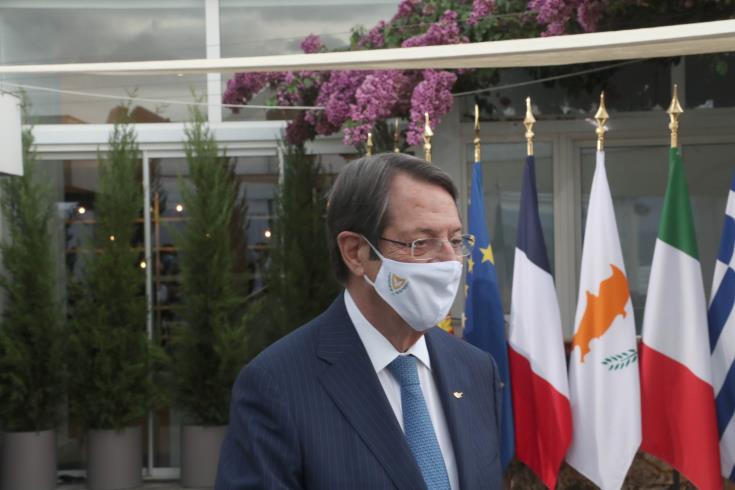Cyprus in the 1960s was synonymous with ‘Makarios’. Then came the 1974 war and destruction, with the restructure of the tourist industry creating a new brand name in the 1980s, ‘Ayia Napa’.
About that time, having laid the foundations for a favourable tax system that would create today’s robust shipping sector, the ‘offshore’ boom came along, which gold-lined many pockets, from service providers to landlords.
And that is when the greed kicked in.
Property owners were asking for rents that you don’t even hear about in Monaco, while lawyers and accountants charged fees for setting up corporations like mushrooms.
Ethics was not on the table, and transparency was unheard of, as the services sector boom created jobs across the board.
Waiters were in glee with the generous tips, and services professionals were changing cars as fast as a baby’s diaper, as per capita GDP broke into 5-digit figures.
When Cyprus joined the EU in 2004, ‘harmonisation’ was the name of the game, while Brussels was blamed for any upset in the system.
Back then, member states with business interests harmed by Cyprus’ privileged status were making noises about the island’s lax transparency of beneficial owners of companies, often hiding behind nominee directors and secretarial services.
Almost two decades have passed, and the present and past governments insist there is a major conspiracy to take Cyprus down, with politicians becoming experts in evading the blame.
After several waves of scandalous revelations that show how corrupt the entire system is, and how high it can go, all we have achieved was the resignation, out of embarrassment, of the House Speaker and a fellow MP, both starring in a revealing Al Jazeera sting video about kickbacks and passports.
Government officials continue to blame everyone else for the blunders, with Cyprus’ reputation at its lowest ebb.
Fed up with Cyprus being in the spotlight of the Pandora Papers and many other scandals linked to the dubious ‘golden passports’ scheme, the European Parliament adopted a resolution.
It said loopholes allowing for tax avoidance, money laundering and tax evasion on a massive scale need to be closed, and the Commission to take legal action against EU countries that do not properly execute existing laws.
This follows the “indignation” expressed by MEPs at an October plenary debate held two days after the first findings of the Pandora Papers were published.
The Cyprus Parliament is obliged, together with all 27 national assemblies of the EU, to thoroughly investigate the Pandora Papers and any ties these revelations have with past and present politicians, including the President of the Republic, whose name has been highlighted.
No matter what Nicos Anastasiades says in his defence, arguing that he had long ended all ties to the family firm that bears his name, the stain is difficult to remove, and the reputation of Cyprus tarnished.
Although the House does not have executive powers to prosecute all those mentioned in the Papers, it is tasked with maintaining the good name that Cyprus has struggled to maintain.
And House President Annita Demetriou should shine in her determination to stamp out corruption.
Whatever the outcome of what could be yet another fruitless probe, rebuilding the reputation of Cyprus as a clean and safe place for business ought to rise above politics.










